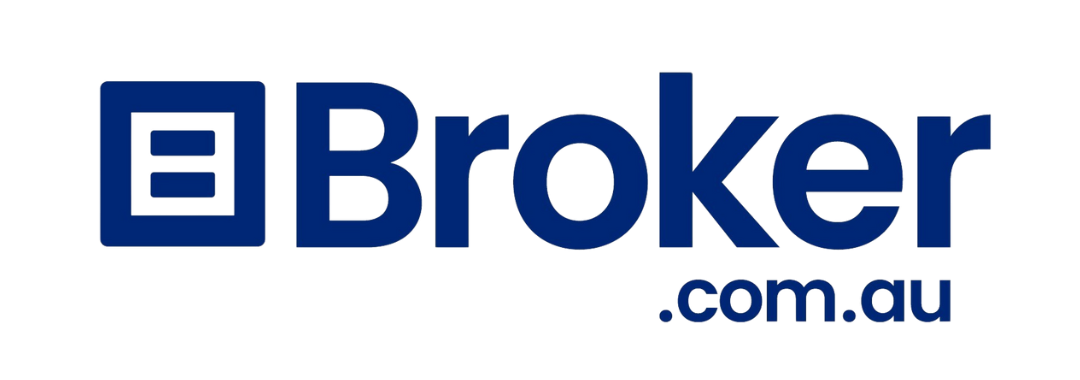When seeking a business loan in Australia, it’s essential to understand the factors lenders consider before approving financing. Among the most critical are the “4 C’s of Credit”: Character, Capacity, Capital, and Collateral. These principles provide a comprehensive framework for assessing a borrower’s creditworthiness and ensure that lenders can mitigate risks while supporting the growth of businesses. Below, we delve into each of these components, exploring their significance, examples, and practical advice for borrowers, as well as referencing Australian government and financial resources where applicable.
1. Character
Character refers to the trustworthiness, reliability, and reputation of the borrower. It’s a subjective measure that evaluates how likely the borrower is to honor their financial commitments based on past behavior and current circumstances.
Key Factors Evaluated by Lenders:
- Credit History: Lenders will scrutinize both personal and business credit reports. A strong credit history demonstrates reliability in repaying debts, while defaults, bankruptcies, or late payments can raise red flags.
- Business Experience: Borrowers with significant experience in their industry are seen as lower risk. For instance, a restaurateur with 15 years of successful operations will likely be viewed more favorably than a newcomer.
- References and Relationships: Positive references from suppliers, vendors, or previous lenders can bolster a borrower’s credibility.
- Legal Standing: Lenders will review legal records to ensure the borrower has no history of lawsuits, tax evasion, or other financial improprieties.
Practical Example:
Consider Sarah, the owner of a thriving boutique in Melbourne seeking a $100,000 loan to expand her business. Over the past five years, Sarah has built a strong relationship with suppliers, consistently paid invoices on time, and maintained a spotless credit record. These factors demonstrate Sarah’s reliability, increasing her chances of loan approval.
Tips to Strengthen Your Character Profile:
- Check Your Credit Score: In Australia, you can access free credit reports through agencies like Equifax or Experian. Address any inaccuracies or disputes before applying.
- Build Positive Relationships: Cultivate trust with suppliers and lenders by honoring commitments and maintaining open communication.
- Provide Evidence of Success: Share testimonials, awards, or case studies that showcase your business’s achievements.
2. Capacity
Capacity evaluates a borrower’s ability to repay the loan based on financial performance. It focuses on income, cash flow, and the overall financial stability of the business.
Key Factors Evaluated by Lenders:
- Debt-Service Coverage Ratio (DSCR): This ratio measures the business’s ability to cover loan repayments. A DSCR of 1.25, for example, indicates that the business generates $1.25 in earnings for every $1 in debt obligations.
- Revenue and Profitability: Consistent revenue streams and positive profit margins demonstrate financial health.
- Financial Statements: Lenders will assess profit and loss statements, balance sheets, and cash flow projections to gauge financial stability.
- Existing Debt: A high debt-to-income ratio can signal overleveraging, potentially leading to rejection.
Practical Example:
John owns a logistics company in Brisbane and applies for a $500,000 loan to purchase new vehicles. His DSCR is 1.5, indicating strong cash flow, and his financial statements show a steady 10% annual revenue growth. These factors reassure the lender that John can manage loan repayments without financial strain.
Government Resources:
The Australian Securities and Investments Commission (ASIC) offers resources on preparing financial statements and managing debt effectively. Tools like the Moneysmart Budget Planner can help borrowers understand their financial position.
Tips to Demonstrate Capacity:
- Maintain Accurate Financial Records: Ensure your statements are up-to-date and professionally prepared.
- Reduce Existing Debt: Pay down debts where possible to improve your debt-to-income ratio.
- Prepare Cash Flow Projections: Highlight future income streams to demonstrate long-term repayment ability.
3. Capital
Capital refers to the financial investment or stake the borrower has in the business. Lenders assess this to determine the borrower’s commitment and the financial buffer available to absorb potential losses.
Key Factors Evaluated by Lenders:
- Borrower’s Equity: This includes personal funds or assets invested in the business.
- Down Payments: For asset-backed loans, a substantial down payment reduces the lender’s risk.
- Retained Earnings: Businesses that reinvest profits demonstrate a focus on growth and sustainability.
Practical Example:
Emma is starting a tech startup in Sydney and applies for a $200,000 loan. She has already invested $50,000 of her personal savings into the venture and plans to contribute another $20,000 as a down payment for the loan. This financial commitment reassures the lender of Emma’s dedication to her business’s success.
Tax Considerations:
In Australia, business owners may be eligible for tax deductions on interest payments for business loans. However, the deductibility of capital contributions should be discussed with a tax advisor or accountant.
Tips to Strengthen Capital Position:
- Showcase Personal Investment: Highlight your financial stake in the business to demonstrate commitment.
- Reinvest Profits: Retained earnings can indicate financial discipline and long-term planning.
- Consult a Tax Advisor: Seek advice on structuring investments and loans to maximize tax benefits.
4. Collateral
Collateral involves the assets pledged by the borrower to secure the loan. It acts as a safety net for lenders, reducing their risk in case of default.
Key Factors Evaluated by Lenders:
- Type of Collateral: Real estate, equipment, inventory, and accounts receivable are common forms of collateral.
- Loan-to-Value Ratio (LTV): This ratio measures the loan amount as a percentage of the collateral’s value. A lower LTV is more favorable for lenders.
- Valuation: Accurate appraisals ensure the collateral’s value aligns with the loan amount.
Practical Example:
Mark owns a manufacturing business in Perth and seeks a $1 million loan to expand operations. He offers his factory property, valued at $2 million, as collateral. With an LTV of 50%, the lender feels secure in approving the loan.
Considerations for Home-Backed Collateral:
In cases where a borrower’s home is used as collateral, it’s crucial to:
- Understand the Risks: Defaulting on the loan could result in losing your home.
- Seek Advice: Consult with financial advisors to evaluate the implications and explore alternatives.
Government Resources:
The Australian Taxation Office (ATO) provides guidelines on the tax implications of using personal assets for business purposes. For instance, interest expenses on loans secured by a home but used for business purposes may be tax-deductible.
Tips to Optimize Collateral:
- Provide High-Value Assets: Offering valuable collateral can secure better loan terms.
- Keep Valuations Updated: Regular appraisals ensure assets meet lender requirements.
- Diversify Collateral: Pledging multiple assets can reduce reliance on any single property.
Additional Considerations: The “5th C”
While the 4 C’s form the foundation of credit assessments, some lenders also consider Conditions:
- Market Trends: Economic conditions and industry-specific risks.
- Loan Purpose: Clarity on how the funds will be used.
- Regulatory Compliance: Ensuring the borrower meets legal and compliance requirements.
Final Thoughts
Understanding the 4 C’s of Credit can empower Australian business owners to strengthen their loan applications and improve approval chances. By demonstrating strong character, capacity, capital, and collateral, borrowers can position themselves as reliable and low-risk candidates.
Disclaimer:
This guide is for informational purposes only and does not constitute financial advice. Broker.com.au is not a licensed advisor. Borrowers should seek professional advice from qualified accountants, financial planners, and lawyers to address their specific needs and circumstances.
Resources for Further Assistance:
- Australian Government’s Business Portal: www.business.gov.au
- ASIC’s Moneysmart: www.moneysmart.gov.au
- Australian Taxation Office (ATO): www.ato.gov.au
Business lending processes can have some complexities involved. Reach out to our team who are well equipped to guide you through this process: email us at [email protected] or phone 1300 373 300.
For more tips, strategies, and insights on how to secure business loans and navigate financial solutions, check out our comprehensive Resources & Learning page today!







